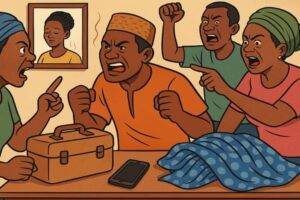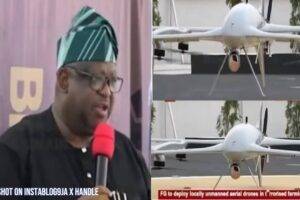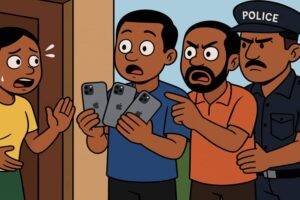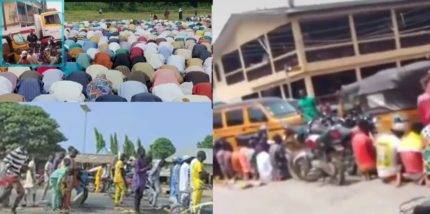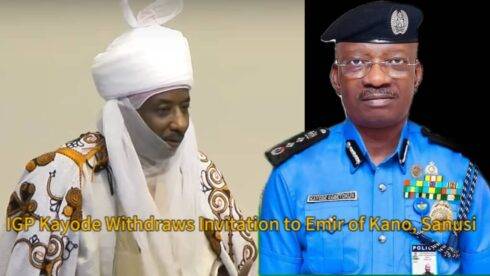Muslim congregations in the quietude of a Friday afternoon, gathered, a sea of devotees with prayer mats and solemn expressions.
The Overflowing Mosque
Their devotion was evident, their piety ethereal, as they assembled for the Jumat prayer. The mosque, the spiritual haven, overflowed with believers to the point where they spilled onto the motorable road, disrupting the flow of traffic. This is increasingly becoming a global trend, and individuals from other various faiths are expressing their worries.
Concerns Arising from Muslim congregations Blocking Road Access in a Busy City
Blocking road access in a bustling city can give rise to a multitude of concerns. Firstly, it can severely disrupt the smooth flow of traffic, leading to traffic jams and delays, which not only inconvenience commuters but also impact the overall productivity and efficiency of the city. Emergency services such as hospital ambulances, and police response to crime may face challenges in reaching critical situations promptly, potentially jeopardizing lives in urgent situations.
Moreover, blocking road access may also harm the local economy. Businesses may suffer due to decreased foot traffic and delivery delays. Tourists and visitors might be discouraged from exploring the city, resulting in a negative impact on the tourism industry. Additionally, air quality can deteriorate as vehicles idly wait in traffic, contributing to environmental concerns and public health issues. All in all, restricting road access in a busy city can have cascading effects on transportation, the economy, public health, and overall quality of life, warranting careful consideration and planning when organizing gatherings or events for both Christians and Muslim congregations alike.
A Fateful Encounter
Amidst this scenario, destiny wove a fateful thread. A tricycle rider, a simple man who had left behind his loved ones – wife, children, and extended family – embarked on a humble journey to make a living. He yearned for God’s grace, provision, and blessings as he threaded through life’s complexities. Yet, on this day, his path led him to the very spot where the Muslim congregations gathered for prayer. He found himself trapped, hemmed in by a wall of worshippers and unable to continue his journey.
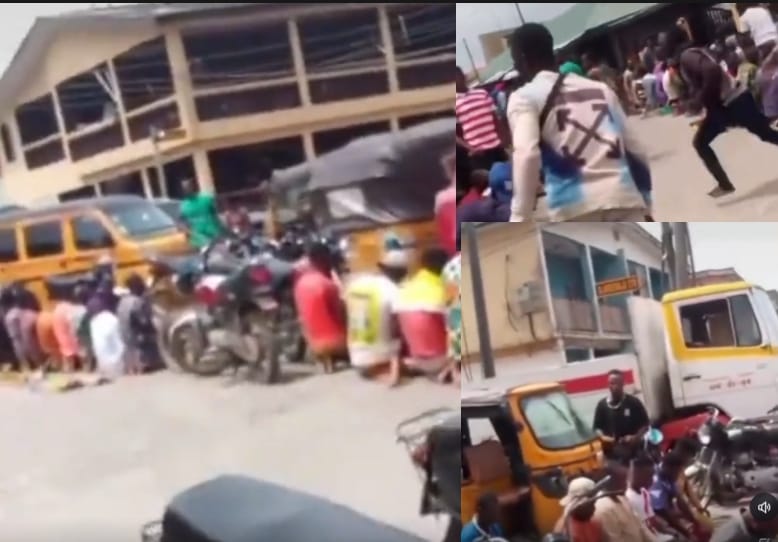
The Clash of Perspectives
In the midst of this turmoil, he mustered the courage to gently express his concern, to implore them to clear the road for the sake of others. He questioned whether it was right to infringe upon the convenience of fellow travelers in the name of faith.
However, his well-intentioned words were met with hostility. The faithful Muslim congregations in their fervor, turned upon this unsuspecting man, unleashing upon him a wave of violence. He bore the brunt of their anger, receiving a beating that left scars not only on his body but on the harmony of this religious moment.
A Reflection on Faith and Compassion
We are all left pondering. Where is the love for your neighbors in all these? Is religious “in your face attitudes” born from intolerance and aggression, truly a part of any religion’s teachings? The clash between the tricycle rider’s plea for consideration and the congregation’s fervent devotion paints a poignant picture, raising questions about the boundaries of faith and the essence of compassion.
Fostering Harmony Between Religious Practices and City Functionality
It is a moment in which the heartache of one man becomes a reflection of the broader discord between devotion and empathy, serving as a stark reminder that true piety should never beget pain for others.
Addressing the issue of Muslim congregations blocking road access for prayers requires a delicate balance between religious freedom and city functionality. Possible solutions include designating prayer areas strategically, allowing temporary road closures during prayer times with time limits and alternative routes, promoting public transportation use, and fostering community engagement. Additionally, implementing technology solutions, clear legal regulations, local initiatives, and sensitivity training can help create a peaceful resolution that respects religious freedom and the needs of the broader community. Collaborative efforts between local authorities, city planners, and religious leaders are essential for the successful implementation of these solutions
Table of Contents
Discover more from OGM News NG
Subscribe to get the latest posts sent to your email.




